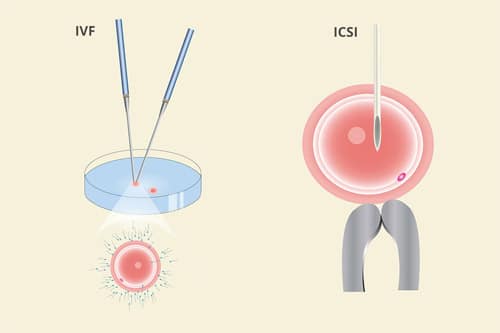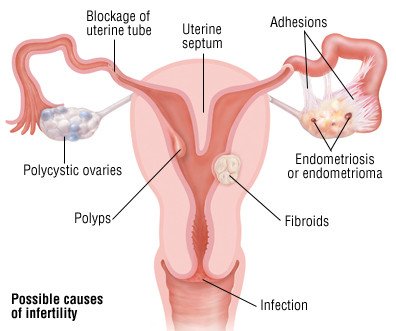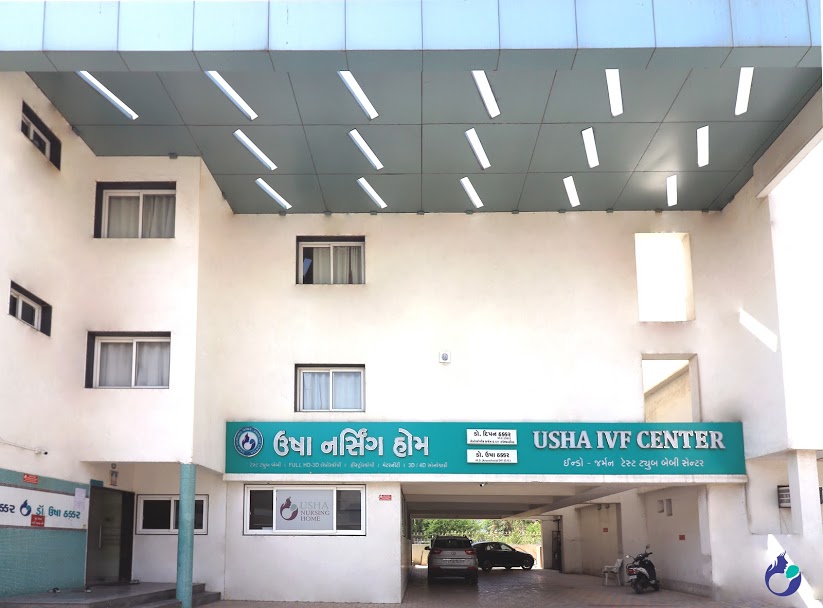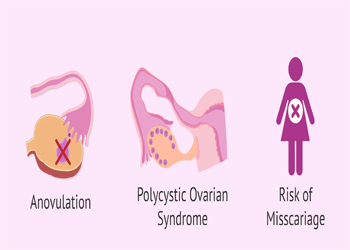IVF stands for In – vitro fertilization and ICSI represents Intracytoplasmic sperm injection. Both are types of in vitro fertilization, the key difference between IVF and ICSI is the how the sperm fertilises the egg.
IVF includes collecting eggs from a female patient using a needle which goes through the vagina and into every ovary under the direction of ultrasound. The method is completed under sedation and you won’t feel any pain. The eggs are then mixed with sperm in a research facility dish, and checked after 16-20 hours to see if the sperm have normally fertilized any eggs. If the treatment has worked, the fertilized eggs will create in the laboratory for a further two to five days prior to being moved into the womb. A pregnancy test can be required fourteen days after the egg assortment to check if the IVF treatment has succeeded and implantation has taken place.

ICSI is more relevant in case of male infertility. This is because the sperm won’t need to fill in as hard as it would in normal preparation, because of the way that it is injected directly into the egg. Male fertility issues can incorporate a low sperm count, poor sperm mobility or high level of abnormal sperm. ICSI may also be suggested if the sperm has been frozen, or it has been surgically taken out from the epididymis or the testis (for instance, on account of a vasectomy).



